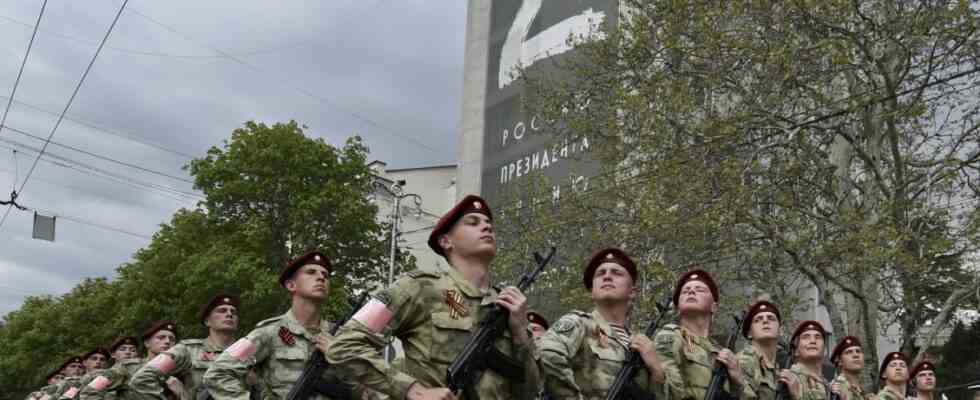How fortunate that the 20th century is over. In the 20th century, mobilization in Europe was almost always the penultimate stage of escalation, it was the step that almost inevitably led to the great war. The best, striking, frightening example of the mechanism set in motion or accelerated by mobilization is considered to be the summer of 1914. In the age of mass armies, which arose in the 19th century with the introduction of conscription, that state had the advantage who first moved his standing troops to where the war would presumably begin and, above all, made the large number of trained soldiers who had returned to civilian life, the reservists, ready for action – mobilized. Those who did not mobilize, who did not organize their army ready for battle – or who did so too late – could have lost the war before the first shot was fired. The Prussian-German victory over France 1870/71 was also a victory for the mobilization of the Germans, which was better organized with the help of the then new railways.
Russian mobilization – culture – SZ.de

